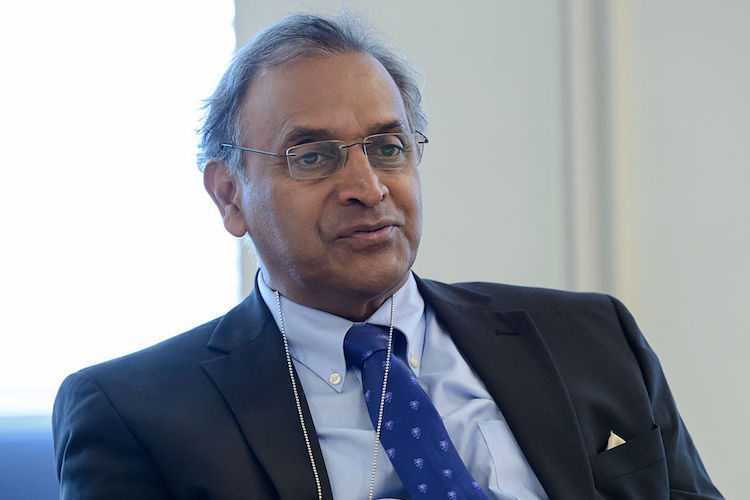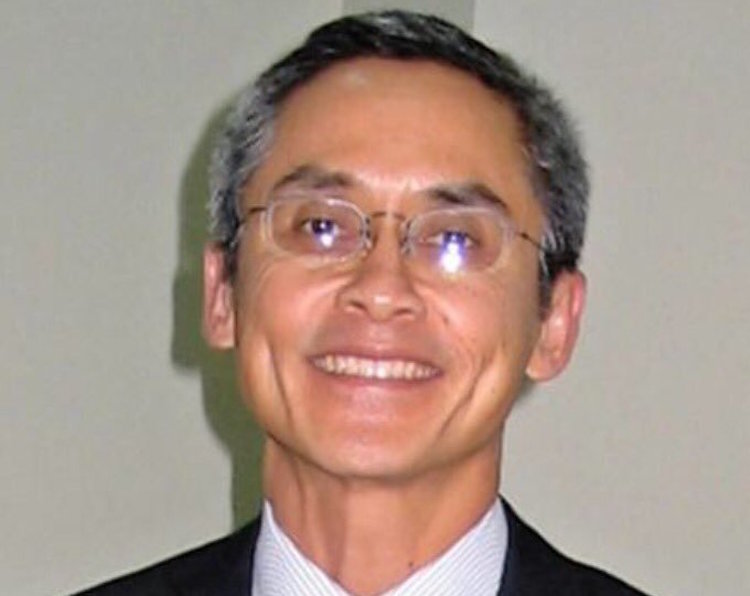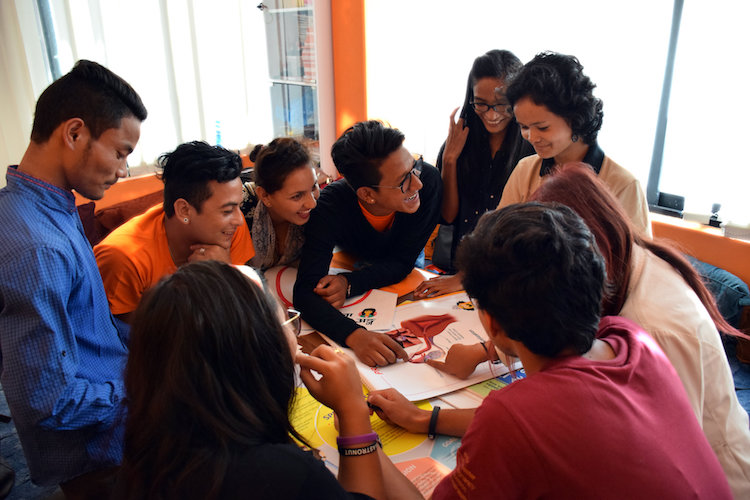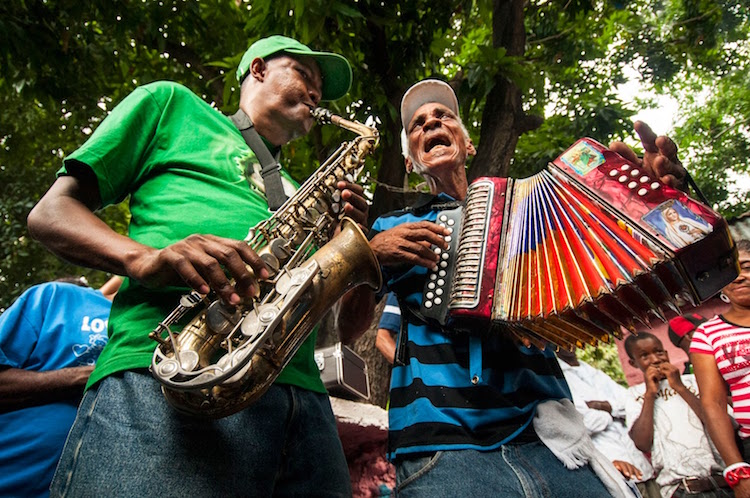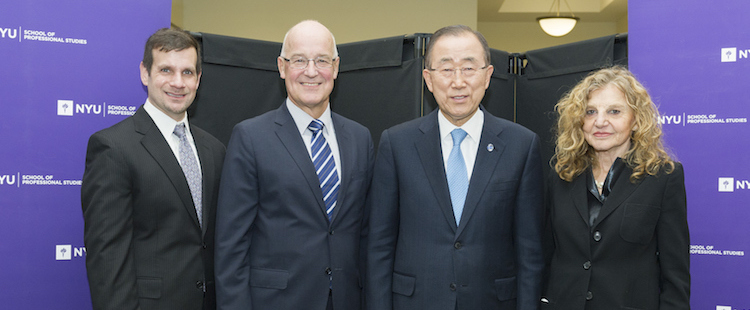By Kalinga Seneviratne
This article is the 12th in a series of joint productions of Lotus News Features and IDN-InDepthNews, flagship of the International Press Syndicate.
KUALA LUMPUR (IDN | Lotus News Features) – A grand Chinese temple on the hills of central Kuala Lumpur overlooking the Malaysian capital was the site of a unique event on November 27 where a Sri Lankan born Buddhist monk’s vision to empower the education of poor Malaysian children, most of them Muslims, was taking place without the glare of any television cameras or the national media.




